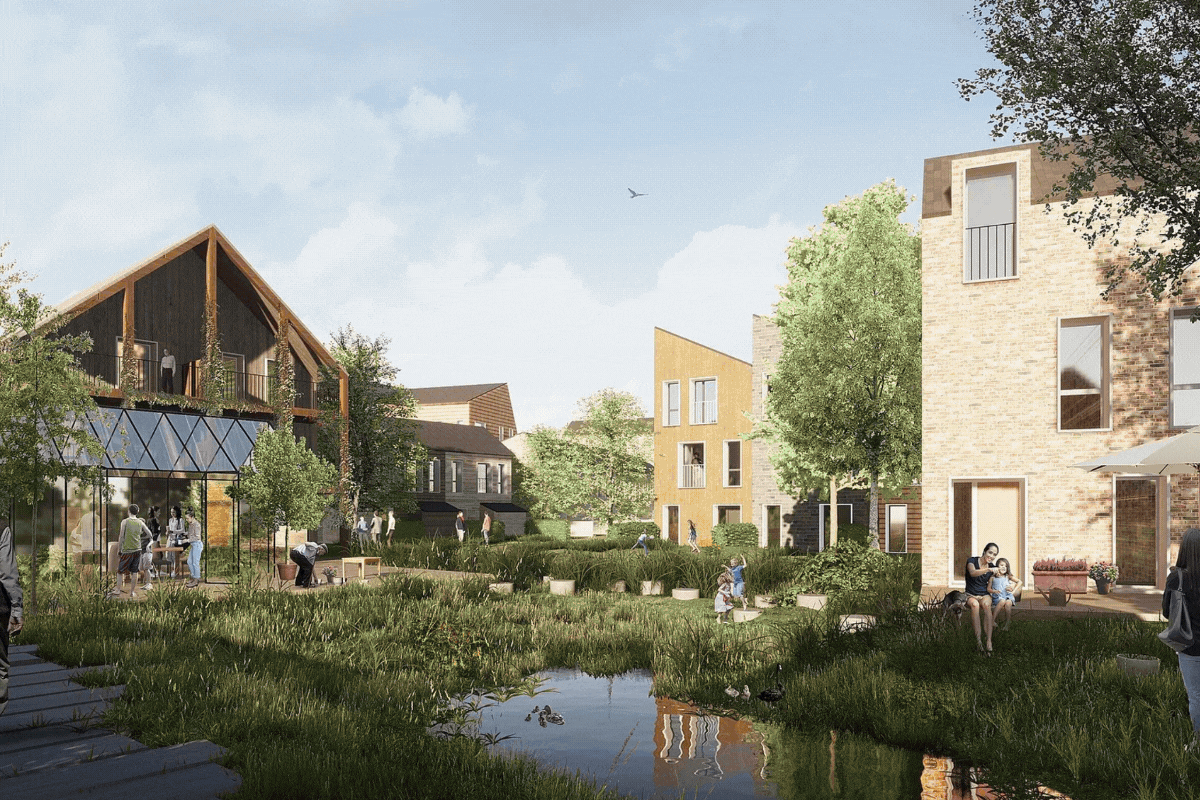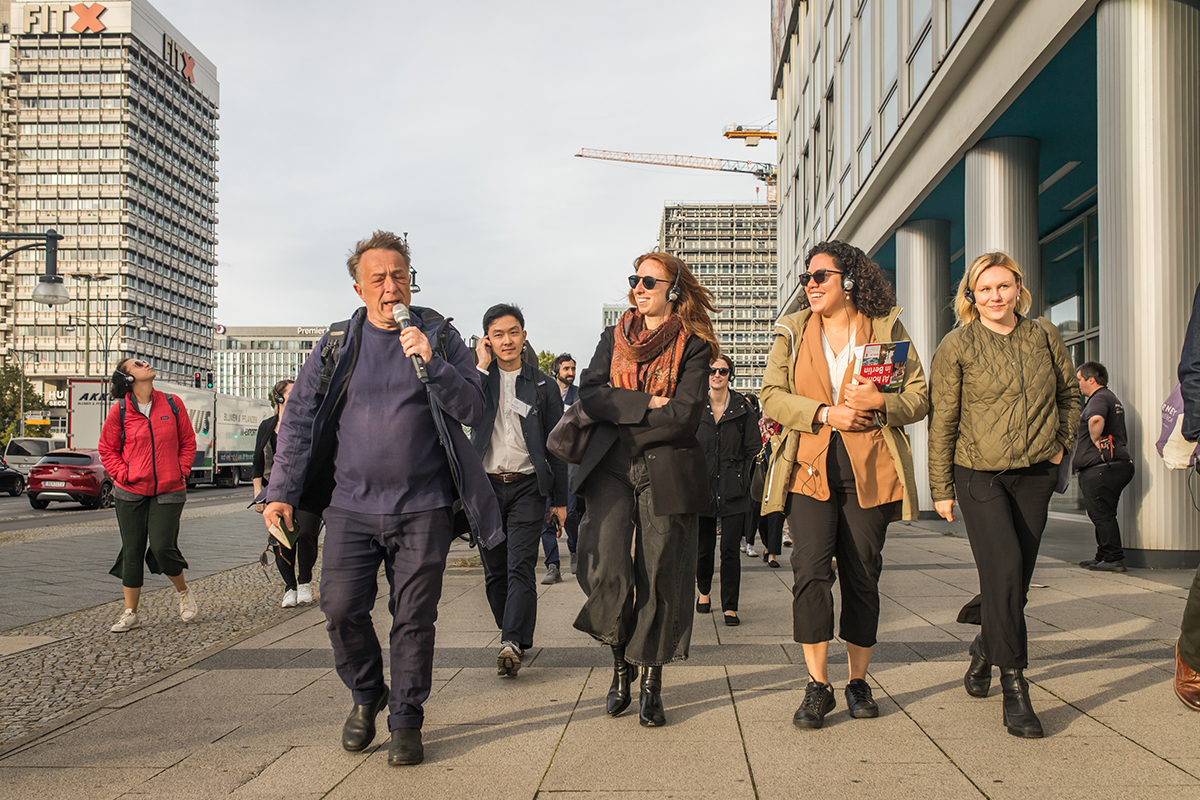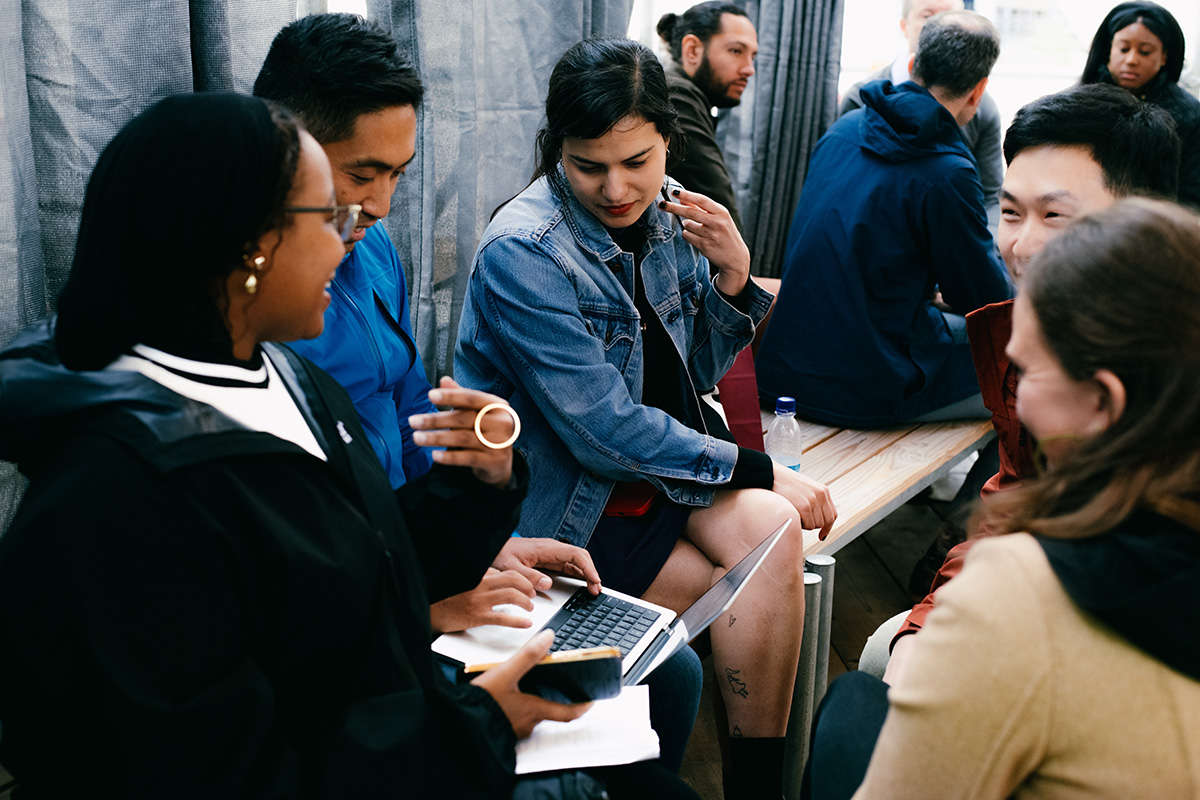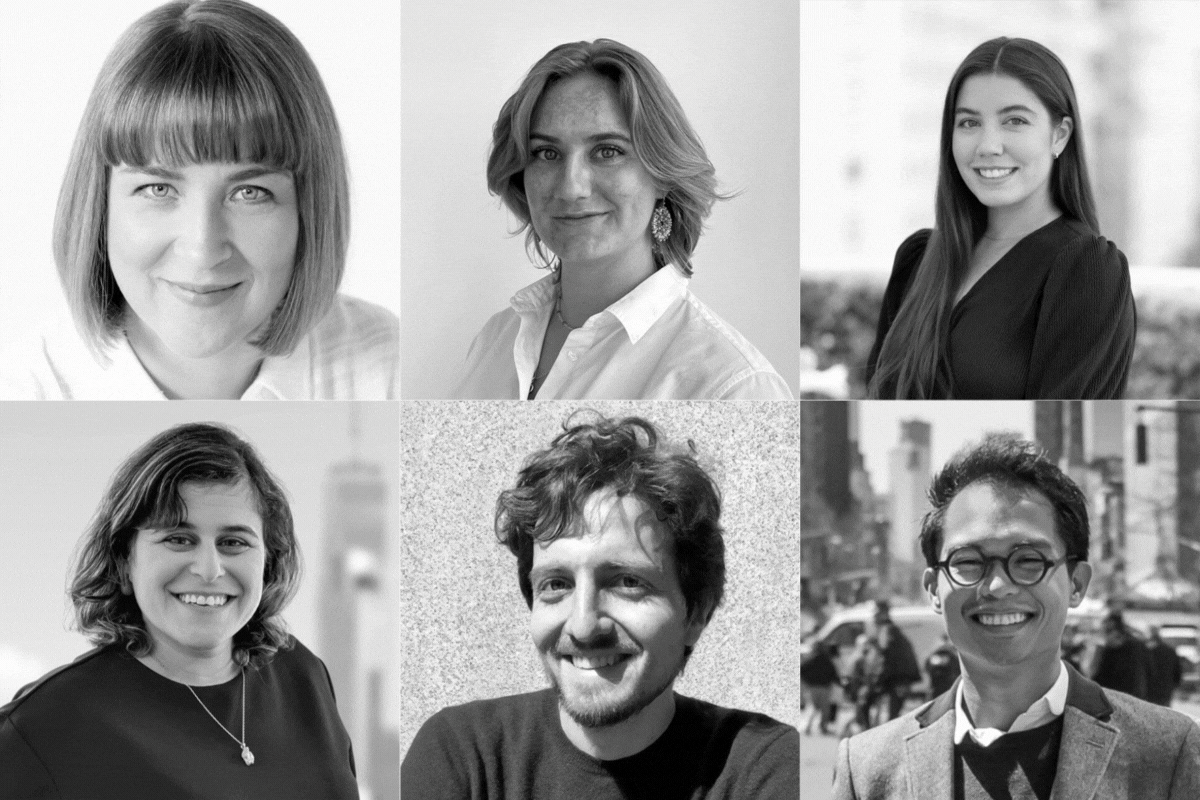Study Trip to Copenhagen

Overview
Discover how Copenhagen has become a global benchmark for urban livability through public realm transformation. Urban Design Forum invites you to join a study trip on May 19 – 22 to explore the principles and practices that have made Copenhagen a city that cares for people — and how these lessons can spark ideas to address challenges in New York City.
Copenhagen’s journey from a car-centric metropolis to a people-centered haven showcases the power of thoughtful urban design, housing development, and policies that prioritize everyday human experiences.
The trip will explore how housing finance, design, and development can contribute to a human-scale approach to citymaking. Leaders from the public, private, and NGO sectors working in economic development, affordable housing, and real estate will join us to share long-term housing strategy and policy, affordable housing practices and financing models, design guidelines for housing development, neighborhood planning, and practices for social inclusion and engagement.
Gehl, a global design and strategy consultancy with decades of experience in Copenhagen, will lead the trip and curate visits that spotlight this transformation.
The study trip includes an optional day trip to Malmö, Sweden on Friday, May 23. The study trip is approved for 21 AIA credits (28 credits with the day trip to Malmö).


Meet the Fellows
What You’ll Learn
Reclaiming the City for People
Feel the pulse of Copenhagen as you walk, bike, and explore its most iconic spaces. Discover how once car-dominated streets like Strøget, one of Europe’s first pedestrian streets, was transformed into dynamic public spaces. Observe how innovative designs like the Bicycle Snake bridge and Vester Voldgade climate-adaptive street create seamless connections while prioritizing sustainability. In every detail, you’ll see how thoughtful urban design empowers people to move, gather, and thrive.
Affordable Housing and Social Sustainability
Housing in Copenhagen isn’t just about shelter—it’s about providing a quality foundation for communities to thrive. Discover how progressive policies like revolving loan funds and infrastructure banks support affordability while creating vibrant, mixed-use neighborhoods. Visit areas like Tingbjerg and Sluseholmen to learn about mixed income neighborhoods and affordable housing. Where Tingbjerg started as an affordable housing neighborhood currently being transformed, Sluseholmen was planned as a mixed income neighborhood from the start. Meet researchers and partners involved to understand both people and design learnings and dilemmas from both cases. Visit Vesterbro and Carlsbergbyen to see examples of adaptive reuse, neighborhood transformation and courtyard style design that prioritize social equity, inclusion, and quality of life. We will visit new developments with innovative financing and an impressive public realm such as the development of Nordhavn. We will learn from the co-benefits of the shared courtyard program and model implemented across the city and discuss models for tenant democracy and decision making.
During the visit we will meet with civil servants, researchers, housing associations, and neighborhood organizations such as the Division of Social Housing and Student Housing, KAB (Denmark’s largest administrator of non-profit housing), VIVE – the Danish Center for Social Science Research, and the Department of the Built Environment at University of Aalborg.
Insights from Visionary Urban Leaders
Meet the minds shaping Copenhagen’s future. Engage with urban designers, policymakers, and community leaders whose innovative ideas are setting new standards for sustainable city-shaping. Hear from experts such as Kenneth Balfet on inclusive planning; Jacob Richter-Friis and Mette Skovgaard Væver on childhood development; Frederik Noltenius Busck, Co-CEO of CPH Village on flexible student housing; Jesse Shapins, Co-Head of Neighborhood Investment at Urban Partners and members of the Copenhagen Cycling Federation. We’ll hear from the city’s practitioners to learn how pragmatic idealism can drive meaningful change.
The Power of Active Mobility
Copenhagen’s cycling culture isn’t just a mode of transport — it’s a way of life. Learn how the city has built an extensive, inclusive cycling network that makes biking the safest, most convenient, and most enjoyable choice. From design principles to policy frameworks, discover how cycling can reshape urban mobility while delivering social, environmental, and economic benefits.
Designing Spaces that Build Community
Explore public spaces like Superkilen, Folkets Park, and the Harbour Baths, where design invites joy, connection, and a sense of belonging. These places show how reclaiming space from cars can create a public realm where everyone feels welcome. You’ll witness how intentional design can foster a sense of community, making the city a shared living room for all.
Active Citizenship in Action
Copenhagen’s transformation is rooted in collaboration, trust, and shared values. Delve into how the city’s culture of participation empowers residents to shape their neighborhoods. Learn how transparent communication and community engagement foster a deep sense of ownership and pride, creating a city that evolves hand in hand with its people.
Leveraging Behavioral Change for a Greener Future
Explore how Copenhagen uses design to nudge people towards healthier, more sustainable choices. From its urban infrastructure to its public campaigns, discover how the city encourages everyday actions that benefit people and the planet.
Connect with a Community of Learners and Changemakers
Engage with a global network of urbanists, policymakers, and designers who share a passion for building better cities. This study trip invites you to share experiences, exchange ideas, challenges, and aspirations with like-minded peers.
Schedule & Costs
The trip will take place from May 19 – 22, 2025. Friday, May 23 will include an optional day trip to Malmö, Sweden.
We will arrive and enjoy an opening dinner together on Monday, May 19. On Tuesday, we will orient ourselves to the city of Copenhagen, its transformation story, and one another. We will spend the next few days diving into themes of housing and infrastructure, mobility and public realm transformation, and policy and programs that support families and everyday life. We will take time in between tours and talks to discuss and wrap-up with a workshop to capture valuable lessons learned and how they might integrate into your everyday practice of shaping cities at home. The study trip is approved for 21 AIA credits (28 credits with the day trip to Malmö).
The cost per person is $3,750, which covers tuition for the program (site visits, speaker events, tours, bike rentals); lunches, dinners, and opening and closing receptions; and all program materials. The additional costs of travel and accommodation for the study trip are assumed by the participants.
Who Should Apply
This study trip is open to all who are interested in immersive learning from a global perspective. Applications at every stage of their careers will be considered, though preference will be given to those with 10 years of experience or more. We are looking to engage a wide range of participants, from architects, planners, and civic leaders to advocates, policymakers, and journalists.
Application

Applications are now closed.
Questions?
If you have any questions, please contact Clara Parker, Director of Global Exchange, clara@urbandesignforum.org.
We strive to host inclusive, accessible events that enable all individuals to engage fully. If you have any specific needs we might accommodate, please contact Clara.
